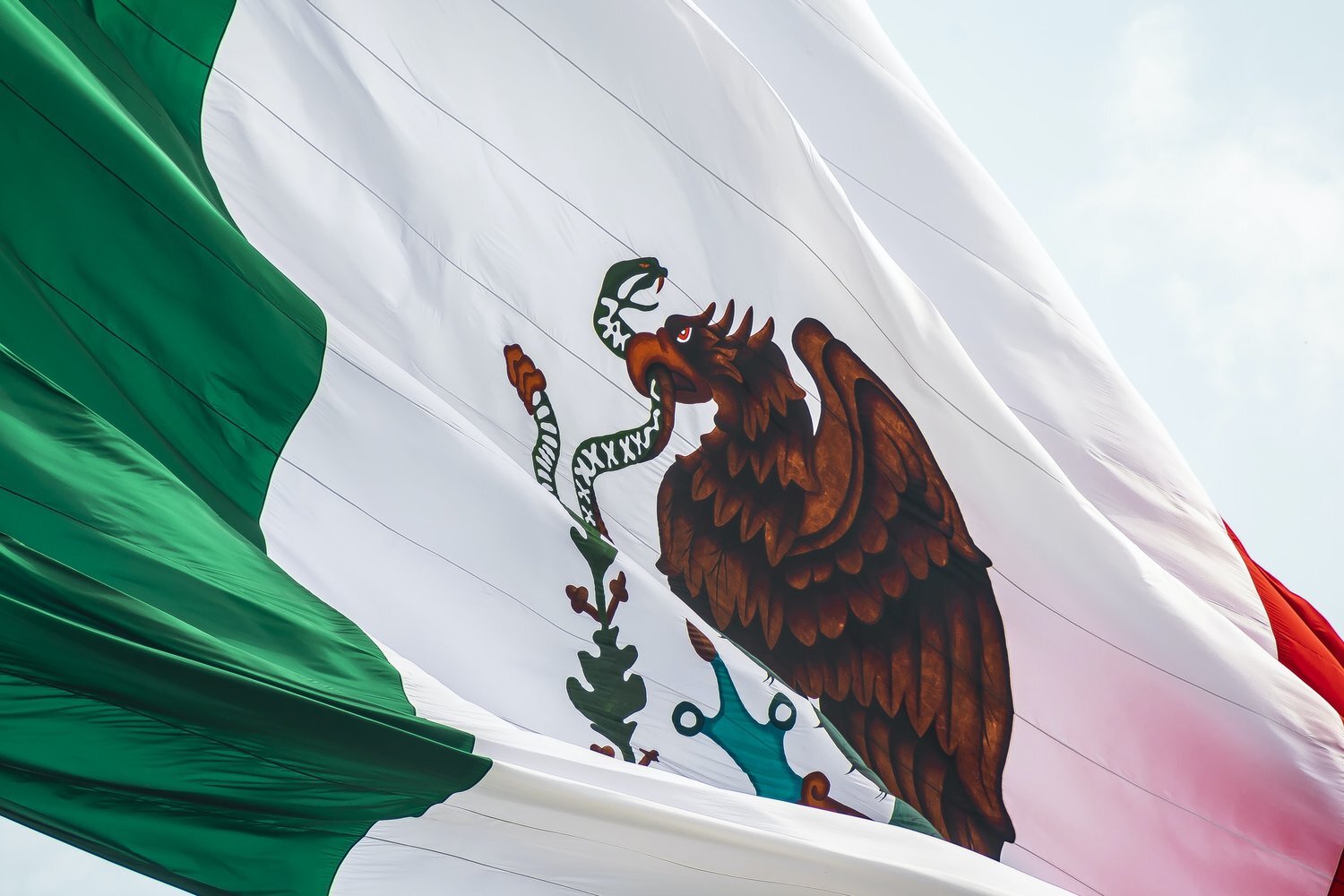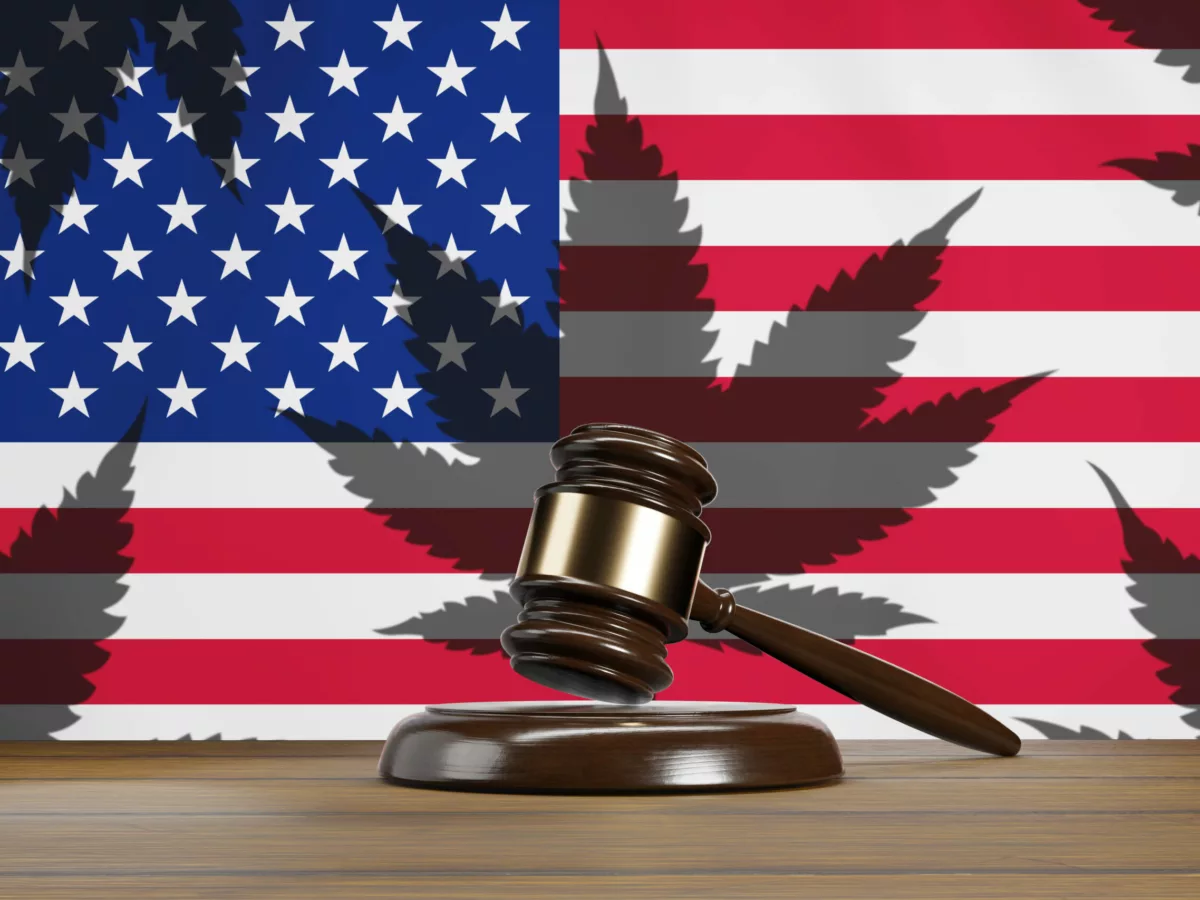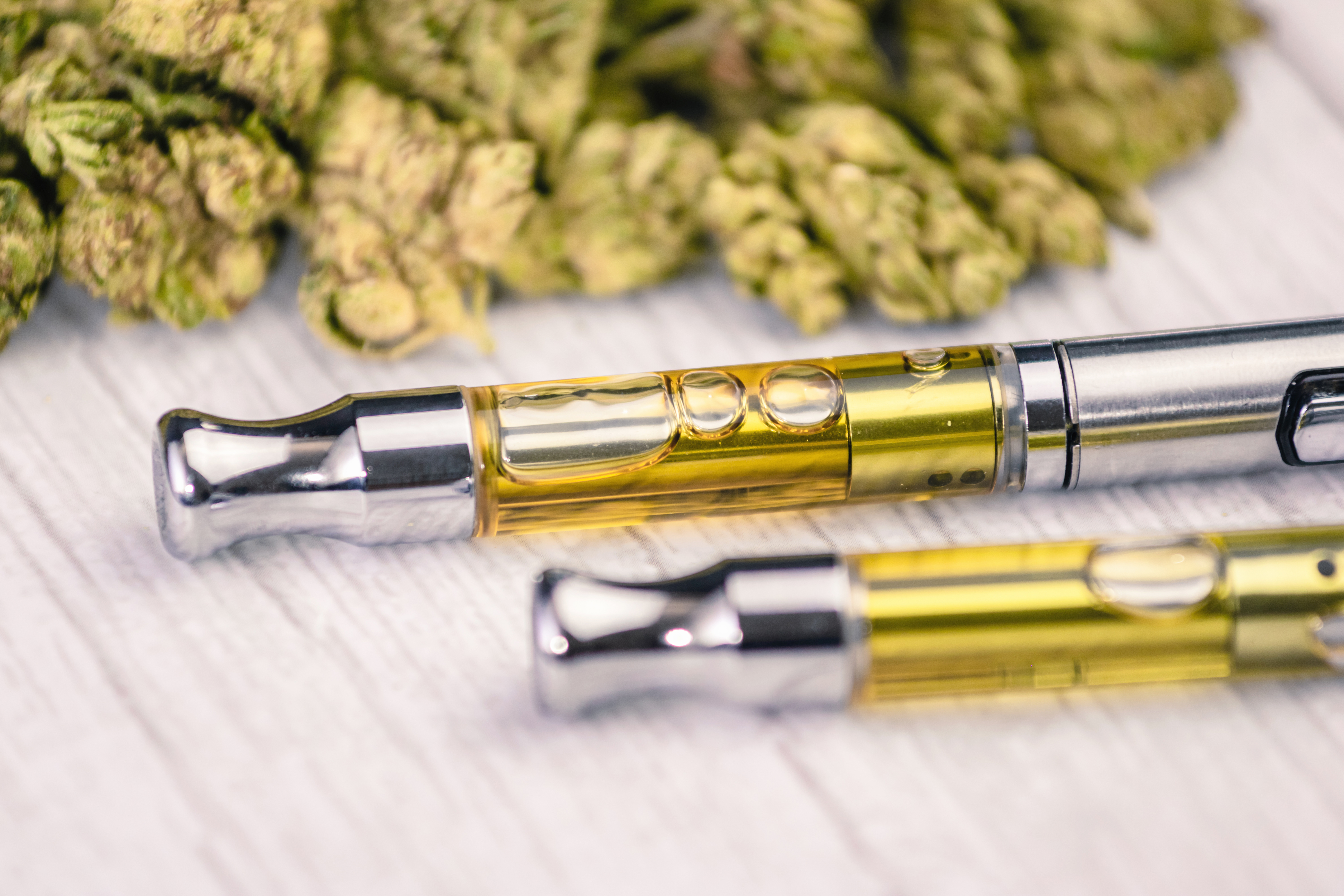Last week’s episode of The Outlaw Report podcast was a conversation with Elias Lisbona Jassan, an attorney and drug policy reform advocate in Mexico City. He gave listeners a quick history of drug prohibition in Mexico and a deep dive into the current move towards legalization. Since that episode ran, it seems even more likely that the Mexican Senate will pass the legalization bill which would then put it in the hands of the president. Below is a version of that interview which has been edited for length and clarity.
SCOTT CECIL: Could you just tell me who you are, what you do professionally in Mexico, and what you do in terms of your advocacy work?
ELIAS LISBONA JASSAN: I worked as a criminal lawyer for three years and during that time, I saw how the criminal justice system works in Mexico. Here in Mexico—impunity. That is if you commit a crime, you are held responsible—that’s what we hope for—but in Mexico 98% of the violent crimes that are committed, are not punished. So that’s a great task for Mexico’s law enforcement agencies and also for everyone to to really have a peaceful country and to have institutions that we can rely on. So, I saw first hand how people are treated with discrimination, how rights are negated and also, I had the ability to work on some cannabis cases. And then I shifted to a cannabis law firm, where we keep track of everything that has happened in the world, from Uruguay to Canada to some states in the United States—which are very interesting to to get to know how each state is legalizing cannabis. So that’s what inspires us to really bring some solutions to people who want to make cannabis a non-taboo subject and to explore the magnificent things that this plant has for everyone. So that’s our focus and we try our best to make regulations that benefit all Mexicans and all the people that want to enter this business with rules and without the fear of anybody outside the state interfering in their activities.
SC: Can you give us a top-to-bottom rundown of where Mexico is now with cannabis and what has happened?
ELJ: To do that, I need to go back to 1940, when President Lázaro Cárdenas enacted some regulations to treat people not as criminals but instead as addicts. So they could go to a dispensary and buy the stuff that they needed for their addiction and they could feel safe that they were buying something of quality and without the fear that they will be prosecuted. That only went on for four months because of the pressure of the United States, who didn’t want Mexico to have these kind of regulations. So those laws were revoked in June—and that began in February 1940. And by June, we didn’t have it anymore.
Then in the 1970s, Mexican governors and Mexican legislators ensured that this was a huge business—that people were cultivating cannabis and other drugs— so they sell it to people here in Mexico and also sell it to to people in the United States. We have a unique party here in Mexico that governs for seven years, and they made a pact with the criminal groups. You know, “If you don’t mess with the civil people, if you don’t sell to our kids, you can take it to the United States.” So that pact governed Mexican criminal groups and Mexican authorities for a long time. But then in 2000, when another party, the National Action Party came into power, they unofficially revoked those pacts they made with criminal groups. And the rate of homicides started to accelerate because criminal groups, instead of fighting the army, they started to fight each other.
SC: Was that under Vicente Fox?
ELJ: Yeah, it started with the Vicente Fox but it truly exploded in December 2006 when President Felipe Calderón of the National Action Party declared the war on drugs. But he didn’t declare the war on drugs itself like Richard Nixon in 1971, he declared the war on drug cartels. And what has happened: From the 1970s to 2006, criminal groups had a lot of money and a lot of firepower to fight the Mexican army. And also some groups of the Mexican army—which were trained by the army in the United States—left the Mexican army, they started criminal groups. So when this happened, when they declared the war on criminal groups, they started to fight each other, and also the army. And the violence was felt everywhere in the country. It was very scary because you could be in a mall, you could be in a home, you could be in your car passing through a freeway and you see people hanged from the freeway. So you could see the scary part of that everyday on the news. You could see 30 deaths, 40 deaths. Last year, we had 30,000 deaths here in Mexico.
Criminal groups buy arms from the United States and then they send the drugs to the United States. We have an international problem and prohibition hurts both Mexico and the United States. What happens in the United States hurts us as a country. And what happens here in Mexico impacts the United States as a country. Some of the states near the border have both recreational and medical cannabis. That has allowed the illegal importing of cannabis into the United States to decrease. That has decreased because people tend to buy cannabis from a secure source where they know the quality, know it’s safe, and it’s better than buying it in some alley in a dark place, right? So that has moved Mexico to focus its effort on legalizing cannabis.
SC: So take us through the legalization process in Mexico.
ELJ: Well, what happened in 2015 is that some people spoke to some judges. “I have the right to consume cannabis, because I can do with my body whatever I want.” So some judges talked. “I don’t know, I’m not sure. We need to go to the Supreme Court.” Ultimately, the Supreme Court favored the people and made official that decision that the absolute prohibition of cannabis was against the Mexican Constitution. So then they told the Congress of the Union, which is composed, like in the United States, from a Senate, and a Chamber of Deputies, which is like the House of Representatives, and they took so long. In 2019, they had until October 13 to enact this law. And they said, “We need a deadline extension.” So a deadline extension was granted until April 30, 2020. On April 30, 2020, they requested another deadline and this deadline was until December 15. That happened because the Senate passed this law in November and the Chamber of Deputies hadn’t had the time to review it completely. But now, a few weeks ago, the Chamber of Deputies made some changes to the law and it’s for a better understanding of the law. And then they voted and they approved it. So the Senate, which is the higher chamber, still needs to review those changes. So if they don’t want to recognize the changes made by the Chamber of Deputies, they need to change it again, and vote it in September. But if they approve those changes, the bill will go to the president and the president can make changes or he can sign the bill and we could have a Mexican cannabis industry by April or May. And we could have expanding licenses and cultivation facilities and dispensaries like in the United States maybe in 2022.
SC: So earlier in 2021, Mexico Senate passed the law. And it went to your version of the House of Representatives and they’ve made some changes. And as long as the Senate accepts those, it’s going to go to the president. And if he signs it, then cannabis prohibition will have ended in Mexico this year. Did I get that right?
ELJ: Yes, but some things that need to be more precise. The first ruling of the court was in 2015. But the declaration of unconstitutionality was in 2018. So they took like three years, and also the president right now, Andrés Manuel López Obrador, who is a very enigmatic person. So what happens with this law? If they approved this law, people could cultivate in their home for personal use up to eight plants if they live with two or more people. If you live alone, you can cultivate up to six plants. And you can also join cannabis associations for consumption which will allow members of that organization to cultivate, to harvest, to consume in that place where they associate. And they can cultivate up to four plants per associate. That means if you are a 20-person association, you would have 80 plants to benefit from. And it’s an interesting point of view because you are allowing people to do it by themselves. But it’s pretty inconvenient because you can only harvest four plants. I think it’s easier to go directly and buy them. But it’s an interesting thought for Mexican legislators. And we could have a production for commercialization and the ability to sell to people for adult, recreational use. Also for research purposes and industrial hemp use. You guys have the Farm Bill, which allows farmers all over the United States to harvest hemp, but here in Mexico it’s a little different. We don’t have any laws for that.
SC: Do you have any concerns about the legalization process?
ELJ: There are some things in the law that are not tackled correctly. For example, with possession. You can be detained, you can be sanctioned. You can also be put in prison if you have more cannabis that then you are entitled to—you can have up to one ounce. And if you have one ounce to 2000 grams, you face an administrative sanction.
SC: Like a fine or civil sanction?
ELJ: Yeah, it is a fine. If you are driving under the influence or you’re smoking cannabis in the street, you will go to that judge and they will write you a sanction and you can be put in a jail for up to 36 hours but no more without due process. But if you pass those 2,000 grams, you will face prison. So that’s very important to make clear to people.
SC: What else should people know?
ELJ: Also if you want to enter the market, you will need a license. If you harvest cannabis without a license, if you sell cannabis without a license, you could go to prison, and also you can be sanctioned for that conduct. So it’s really important to establish all of those concerns because this is not the liberation of the plant. These are some rules to buy it and to harvest and to make a legal industry of cannabis.






